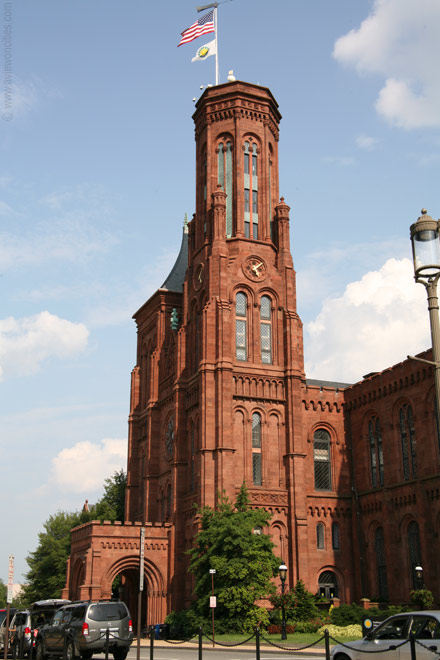So here’s a bullet list in chronological order:
- At the start of the month - I traveled to Philadelphia and Maine with Andrew to spend a week with his family. It was my first time to Maine, my first time eating fresh lobster, my first time watching a lobster race, and overall a pretty intense family trip. It was beautiful and exhausting.
- One week later - I delivered my colloquium (thesis defense) for my MFA in Creative Writing. After six years I have finally completed all of my degree requirements and I will officially receive my degree in December. You can listen to my reading here (I’m the third reader - about 20 minutes in.)
- One day later - My friend, teammate, and supervisor Kathy Peterson committed suicide.
- One day later – I played my first wedding as a part of the wedding band. The wedding was beautiful and logistically crazy (but was totally amazing and awesome) and took place with 200 gorgeous people in Pelican, Alaska (pop. 163). Sydney Akagi put together a wonderful video, my band is around 3:45:
- One week later – I attended a lovely memorial for Kathy with some past roller derby teammates, which made me realize how even though those relationships sometimes fade, they still have great meaning and impact.
- One week later – I led my first foraging walk. I took out a group of chefs and food writers including Anita Lo and Elizabeth Falkner. It was super fun and very successful (as far as I can tell) and made me want to do that for the rest of my life.
And now we’re in August.
And I’m 32 and I can’t stop thinking about how it feels like my life is just as crazy and just as all-over-the-place as it was when I was 25. Except with more debt. How can it be that I still have no idea what I want to do with myself? I’m writing another novel. I’m trying to make the food blog take off. I’m toying with the idea of getting an accounting degree. I'm toying with the idea of writing a foraging book. I want to start a small business – catering? tourism? bookstore? party planning? astroid mining?
It feels stupid to complain. And I’m not quite sure that’s what I’m doing. I’m more trying to express how completely overwhelmed I am.
And I’m planning a wedding.
And our folk fest meetings start next week.
And I’m working on my cajun chops, getting ready for a trip to Louisiana.
And there’s a weasel living in our garden shed.
And we need to kill the chickens before the weasel does.
And.
And.
And.
No wonder I’ve spent the last three days barely able to keep my eyes open.
Time to suck it up, buttercup.


